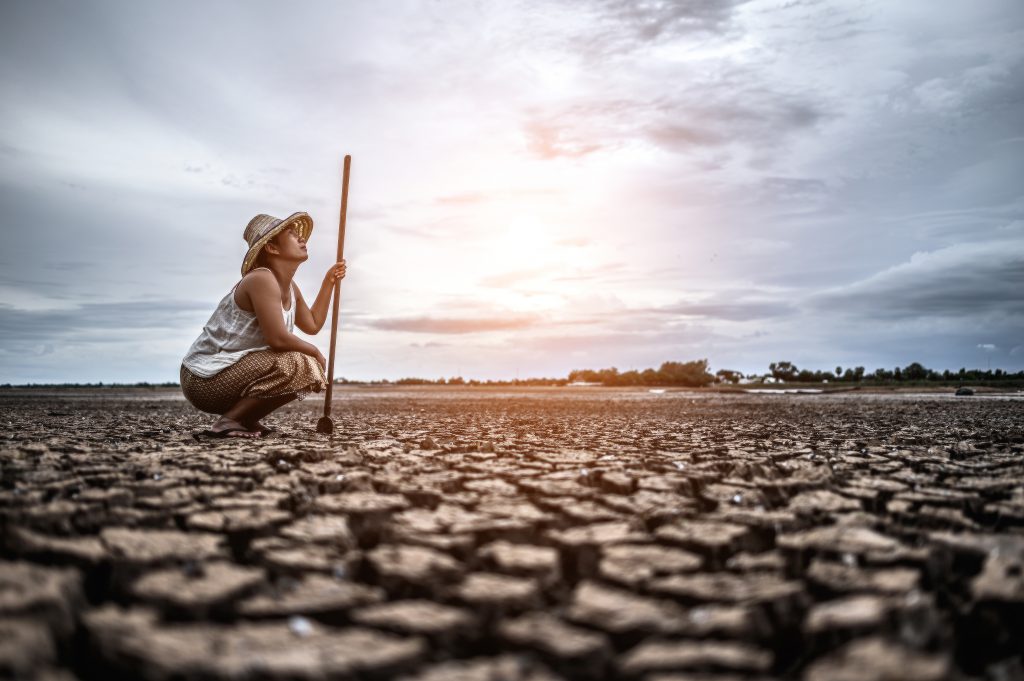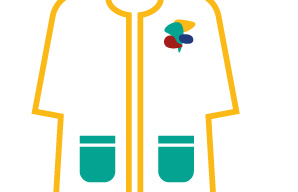Global Warming is even worse for women-led families
A recent study conducted by the United Nations (U.N.) highlights the disproportionate impact of climate change on household incomes led by women in economically disadvantaged nations. This study, conducted by the United Nations Food and Agriculture Organization, analyzed weather patterns and income data across 24 low- and middle-income countries. Its findings reveal that extreme heat exacerbates financial challenges, particularly for the poorest women worldwide.
This research contributes to existing literature demonstrating how the effects of global warming, largely driven by the combustion of fossil fuels, exacerbate pre-existing social inequalities.
The study underscores that while heat stress affects all rural households, its financial toll is notably higher for those led by women. Female-headed households experience an 8 percent greater loss in annual income compared to their counterparts. This exacerbation of financial disparities underscores existing gender inequities. For instance, women, who often rely on agricultural income, account for only 12.6 percent of landowners globally, according to estimates from the United Nations Development Program. Consequently, households led by women are often deprived of critical resources such as access to loans, crop insurance, and agricultural extension services, essential for adapting to climate change.
The evidence is clear: Failure to address the unequal impacts of climate change on rural people will intensify the already large gap between the haves and have-nots and between men and women.








